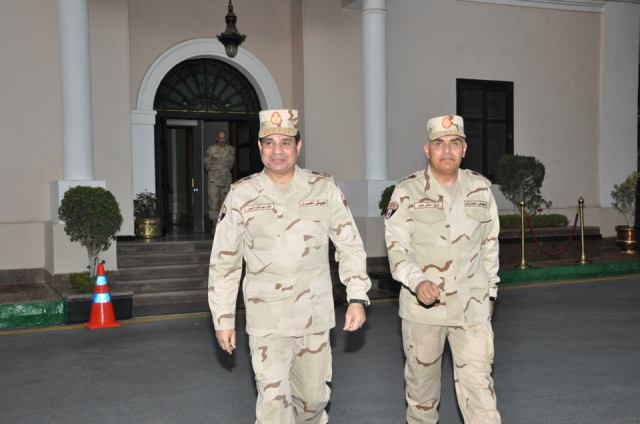By no coincidence, the assassination of Prosecutor General Hisham Barakat on June 29 marks the first anniversary of ʿAbd Al-Fattah Al-Sisi assuming the presidency and the second anniversary of the protest movement and coup that brought the former Army general to power. Although there is some confusion between different groups claiming responsibility, the car bombing is likely the work of Ansar Bayt Al-Maqdis, the largest insurgent group in the Sinai, which carried out a similar attempt on former Interior Minister Muhammad Ibrahim in 2013.
Thanks to the media’s focus on the judiciary in recent months, which I noted in my prior post, Barakat had been the target of strong praise and criticism for his role in prosecuting the Muslim Brotherhood members and other state opponents in cases that have resulted in hundreds of death sentences. (A good summary of his activities is in this obituary). Today, Al-Sisi has sworn to pass tougher anti-terrorism laws, while the minister of justice has canceled the courts’ three month summer recess in order to push forward appeals on these sentences. This event will only further help Al-Sisi redirect all attention to these show trials, and to demonize his opponents, at a critical moment as the election campaigns for the first parliament since 2013 get underway. Although their goals are diverse and far from clear, the insurgent groups staging attacks on Egyptian state institutions, in a period of radicalization, have no qualms damaging the legitimacy of the politics of the state supporters and Muslim Brotherhood alike.
I want to share some links to essays and reports on topics other than these trials and insurgency. Good analysis has been in short supply, since intimidating journalists has been an important state tactic of late.
A thorough takedown on ʿAli Gumaʾ, ex-Grand Mufti of Egypt, and other Al-Azhar scholars’ roles in legitimating Al-Sisi’s presidency and his soft Islamism. (This has been a trend since President Sadat).
Extending the colonial-era nostalgia of the 2007 Ramadan serial “King Farouk,” the ongoing series “The Jewish Quarter” has surprised Egyptians by portraying Egypt’s anti-Zionist Jews in a sympathetic light during the events of 1948-1956. But it also appeals to the current anti-Muslim Brotherhood mood by pinning the blame for the Jewish flight on that group and exonerating President Gamal Abd al-Nasir and his diplomacy.

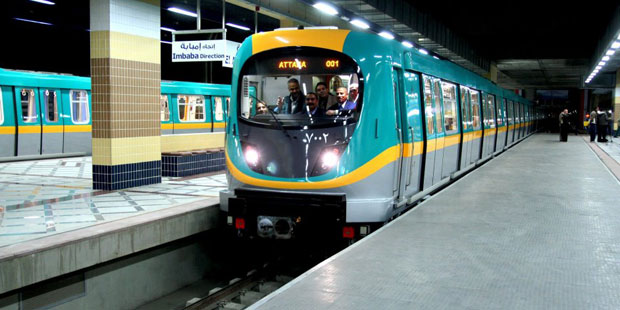
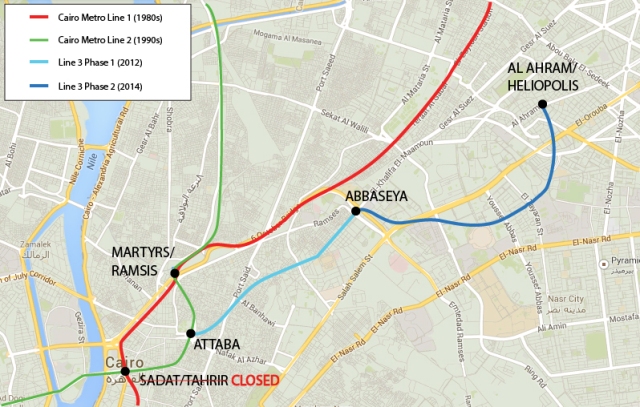
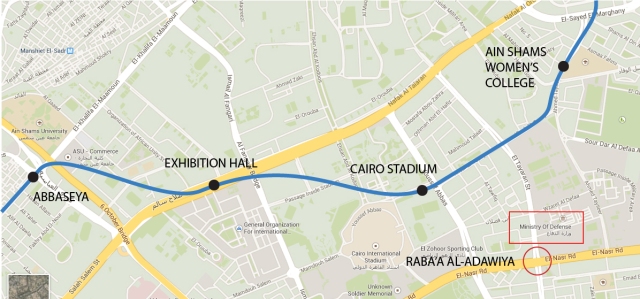

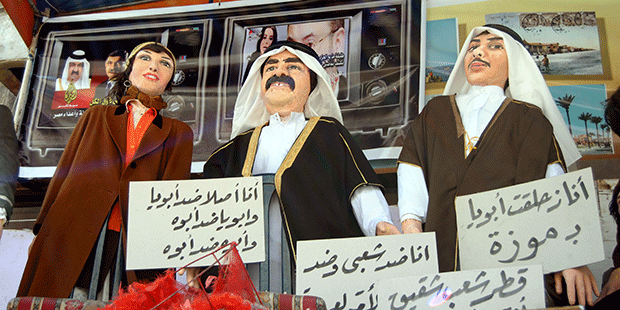
 Minister of Defense Field Marshal ʿAbd al-Fattah al-Sisi has
Minister of Defense Field Marshal ʿAbd al-Fattah al-Sisi has 